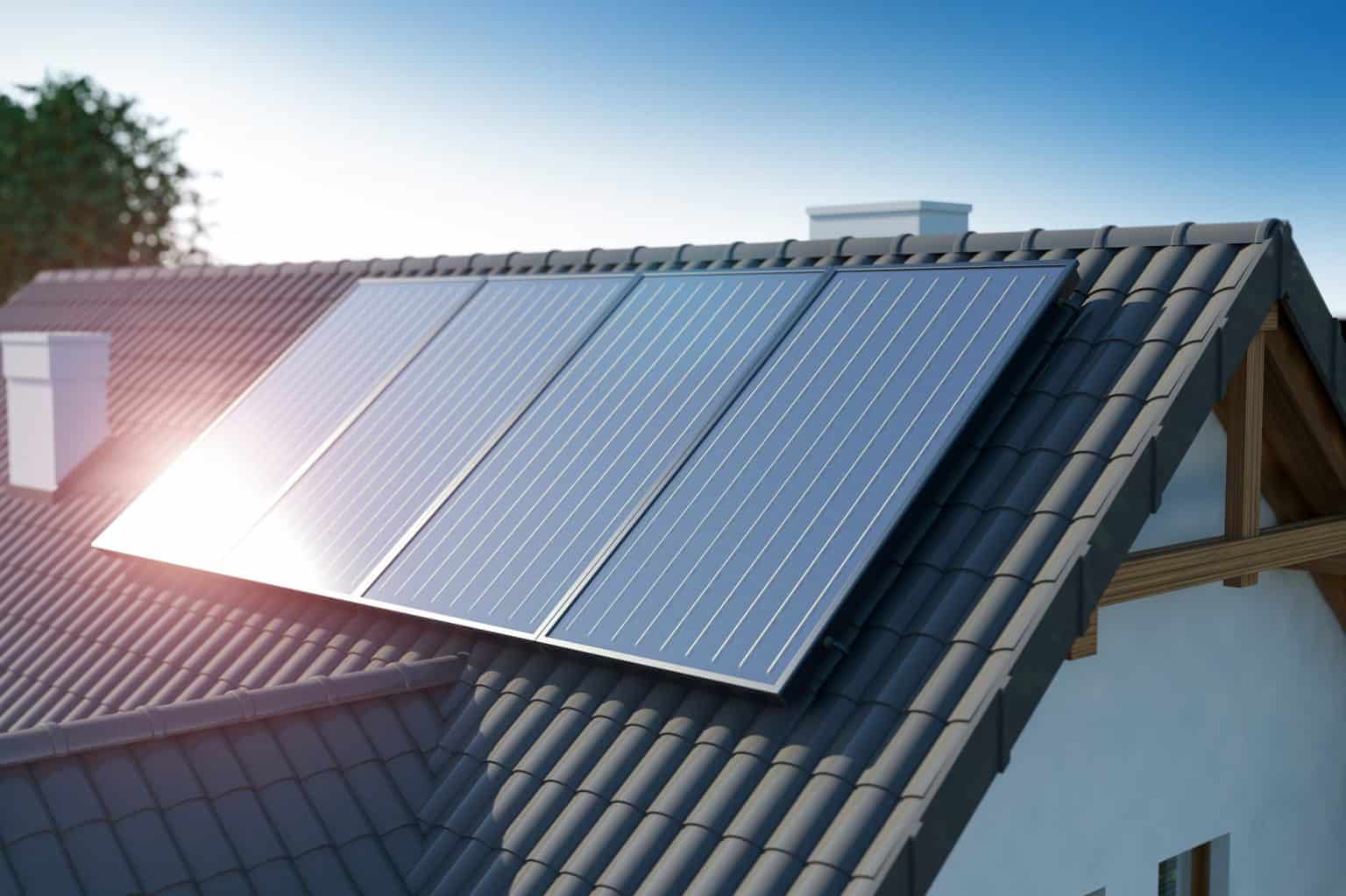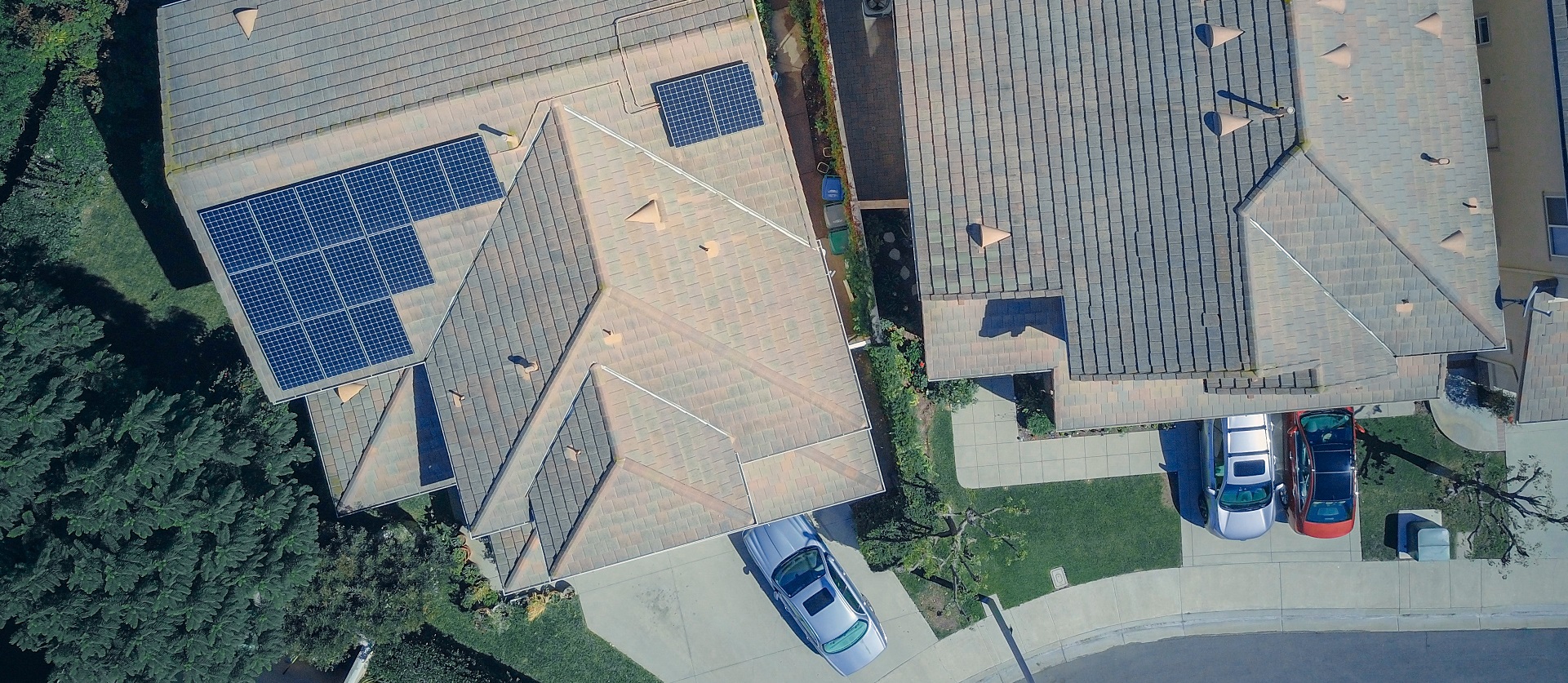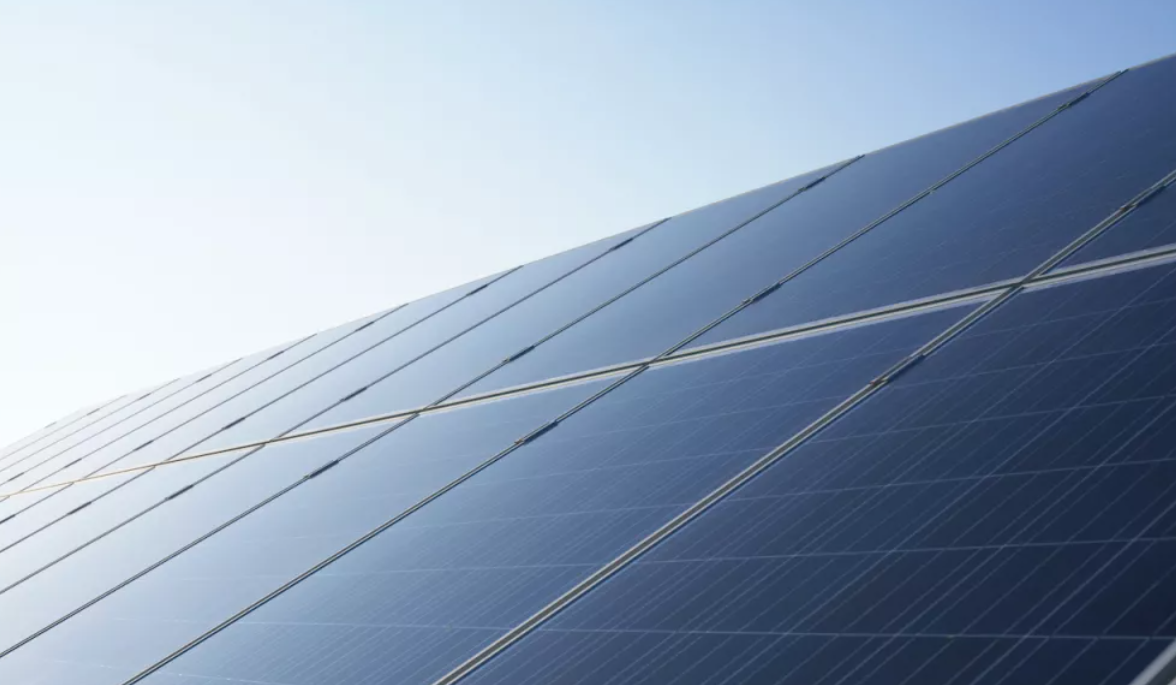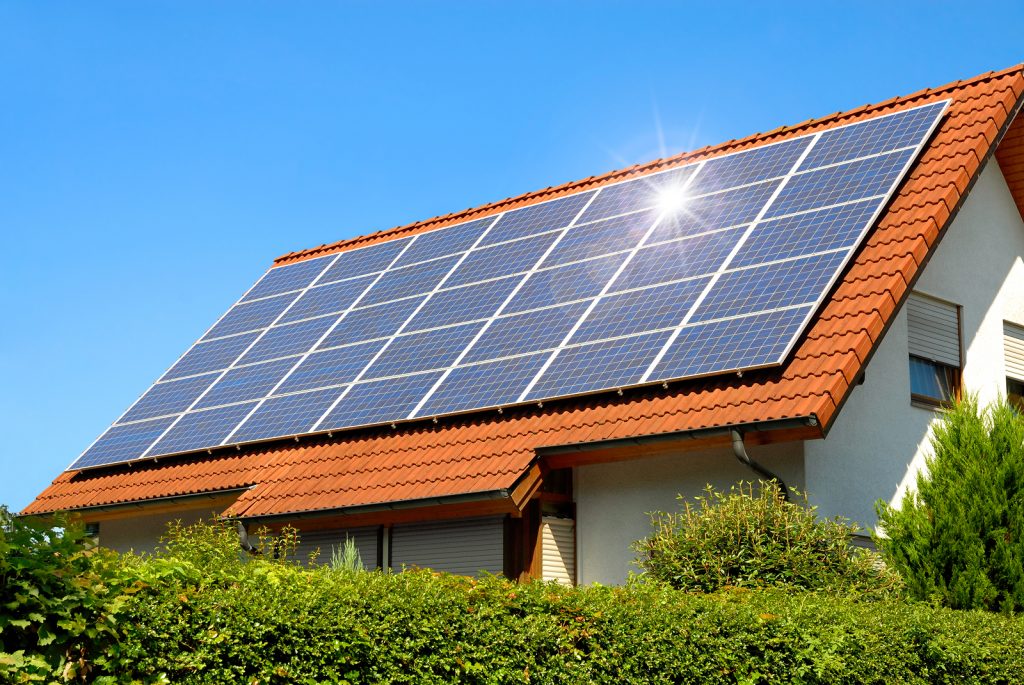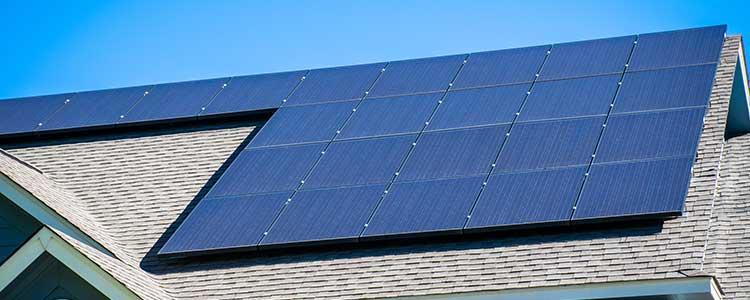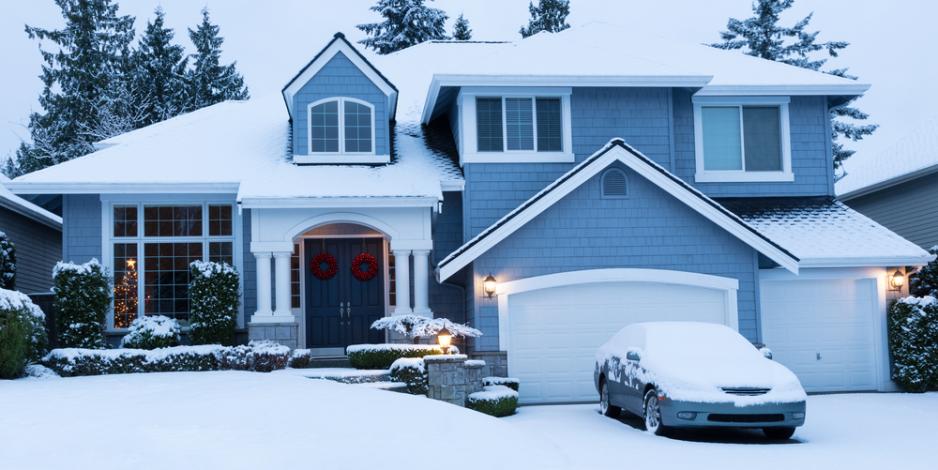Buying a House with Solar Panels: A Comprehensive Guide
June 8, 2024
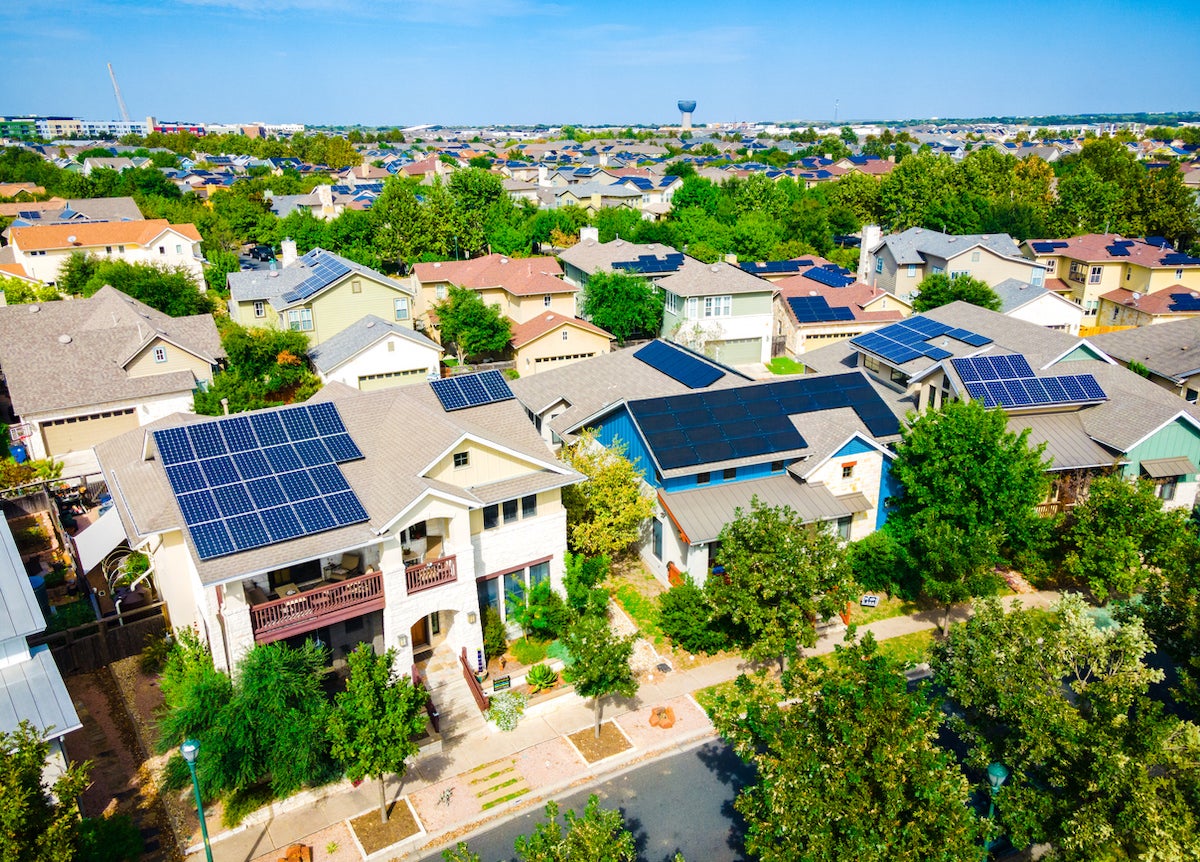
If you’re in the market for a new home, you may be considering buying a house with solar panels installed. There are many benefits to going solar, including lower energy bills, reduced carbon footprint, and increased home value. But before you make an offer on that solar-powered home, there are a few things you should know.
In this article, we’ll cover everything you need to know about buying a house with solar panels already installed. From understanding the solar panel system to evaluating its performance, we’ll guide you through the process of making an informed decision.
Understanding the Solar Panel System
Before you start evaluating the solar panel system of a potential home, it’s important to understand the basic components of a solar power system. Here are the key components you need to know:
Solar Panels
Solar panels are the main component of a solar power system. They convert sunlight into direct current (DC) electricity.
Inverter
The inverter is responsible for converting the DC electricity produced by the solar panels into alternating current (AC) electricity that can be used by your home.
Meter
The meter measures the amount of electricity your solar panels produce and the amount of electricity your home uses. This information is used to calculate your energy bill and to determine any excess energy that can be sold back to the grid.
Battery (optional)
A battery can be used to store excess energy produced by your solar panels for later use. This can help you reduce your reliance on the grid and provide backup power in case of a power outage.
Also Read: The Four Main Types of Solar Battery Storage
Evaluating the Solar Panel System
Once you understand the basic components of a solar power system, you can start evaluating the system of a potential home. Here are some key factors to consider:
Age of the System
Solar panels typically have a lifespan of 25 to 30 years. If the solar panel system of a potential home is close to the end of its lifespan, you may need to replace it in the near future.
Performance
The performance of a solar panel system is measured by its efficiency and capacity. Efficiency refers to how well the solar panels convert sunlight into electricity, while capacity refers to the maximum amount of electricity the system can produce. Higher efficiency and capacity mean more savings on your energy bills.
Maintenance
Like any other system, solar panels require maintenance to operate at their best. Ask the seller about the maintenance history of the solar panel system and make sure that it has been regularly solar maintained.
Additional Considerations
In addition to evaluating the solar panel system, there are a few other factors to consider when buying a house with solar panels already installed:
Home Value
Solar panels can increase the value of a home. According to a study by the National Renewable Energy Laboratory, homes with solar panels sell for 4.1% more on average than homes without solar panels.
Energy Bills
Solar panels can significantly reduce your energy bills, especially if you live in a sunny area. Make sure to ask for the energy bills of the home to see how much you can expect to save.
Tax Credits and Incentives
The federal government and many states offer tax credits and incentives for installing solar panels. Make sure to check if you are eligible for any of these incentives.
Conclusion
Buying a house with solar panels already installed can be a smart decision. It can save you money on energy bills, reduce your carbon footprint, and increase the value of your home. However, it’s important to understand the solar panel system of the home and evaluate its performance before making an offer.
If you’re considering buying a solar-powered home, we hope this article has provided you with the information you need to make an informed decision.
FAQs
How do I know if the solar panel system is properly installed?
It’s important to have a professional inspection of the solar panel system to ensure that it was installed correctly. Look for a reputable solar installer in your area and schedule an inspection before making an offer on the home.
Can I add more solar panels to the existing system?
Yes, it’s possible to add more solar panels to the existing system to increase its capacity. However, you will need to make sure that the inverter can handle the additional power load.
What happens to the excess energy produced by solar panels?
The excess energy produced by the solar panels can be sold back to the grid or stored in a battery for later use. This can help you offset your energy bills and reduce your reliance on the grid.
What are the maintenance costs of a solar panel system?
The maintenance costs of a solar panel system are relatively low. Regular cleaning and inspection can help ensure that the system operates at its best. In general, you should budget around $100-$150 per year for maintenance costs.
Get a Free Solar Quote
Relarted Articles:

